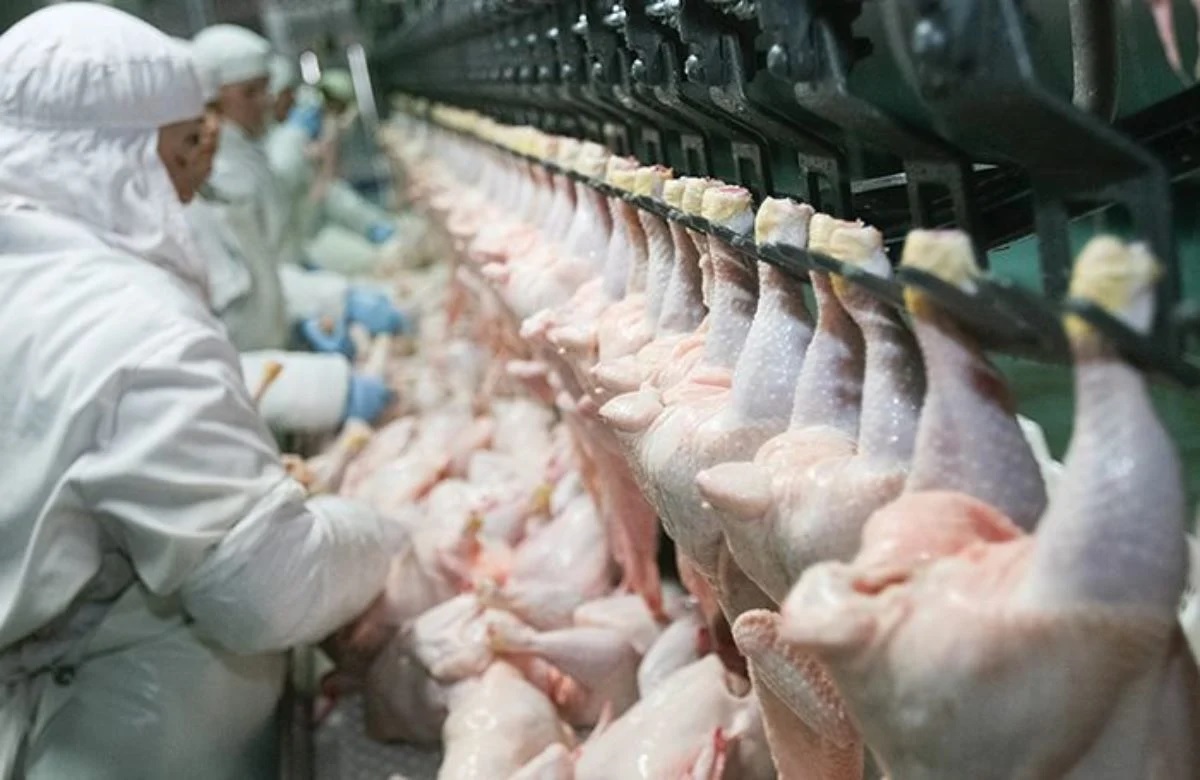RIO DE JANEIRO, BRAZIL – Since the end of February, with the beginning of the armed conflict between Russia and Ukraine, commercial tensions have worsened worldwide.
Paraguay was no exception since the Russian market is its second market for meat shipments and, in addition, it has other business, as confirmed. In general, despite the suspension of red protein exports to that destination, Paraguay has US$30 million worth of meat and other products on its way to Russia.
In addition to beef, Paraguayan exporters are negotiating with Russian clients for shipments of poultry meat, bovine offal, fat, and whole milk powder that are in ships on the water, as confirmed to Valor Agro by the president of the National Service of Animal Quality and Health (Senacsa), José Carlos Martin.

He commented that there are about 150 containers in ships bound for Russia. Since last week there have been exchanges with importers to confirm payment of the totality of the merchandise with possible discounts.
RETURN OF GOODS
“There is a negotiation, but I estimate that Russia will not assume 100% of the shipments. There will be some return of goods that will have to be destined to other markets”. He also confirmed that “now there are no new exports” to that country.
The severe economic sanctions against Russia decreed by the West last Friday, including the expulsion of Russian banks from the Swift system, had a strong impact on the Moscow stock exchange and plunged the ruble against the US dollar and the euro.
Without Swift, a tool that allows global transactions to be made securely, Russia would find it difficult to trade with other countries. “It will prevent them from trading worldwide and effectively block exports and imports,” European Commission President Ursula von der Leyen announced.

